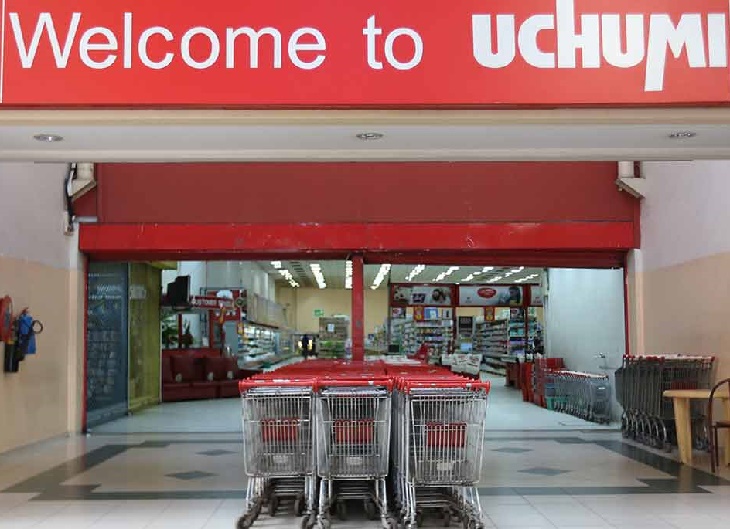Funding and Raising Capital
Budget Cuts Affect Uchumi Supermarkets Management

Members of the top management of Uchumi Supermarket Plc have secretly left as a result of the government’s decision to discontinue bailouts, leaving the company dysfunctional just as a recovery strategy is about to begin.
This, combined with banks’ reluctance to issue new loans to the business, has paralyzed Uchumi’s ability to compensate its small workforce, making high-paying employment less alluring. The firm’s attorneys have also ceased representing them.
Former Uchumi CEO Mohamed Ahmed Mohamed abruptly left the retail firm in March 2022 after holding his final meeting with creditors under mysterious circumstances. He hasn’t been replaced yet.
Since taking over office last September, President William Ruto’s administration has also not appointed a representative to the board of Uchumi as the State’s commitment generally wanes. Out of the required 11 board members, there are only five directors steering the retailer’s strategic policy directions.
The current board comprises John Karani, chairman, and four other board members – Erastus Njoroge, George Karanja, Baiju Shah, and John Mwara – all of whom Uchumi cannot fund.
“The dysfunctionality of the Uchumi Board has affected operations. Government representative to the board left at the change of Government, and for this reason, Uchumi has not had a properly functioning board for some time,” Owen Koimburi, the insolvency practitioner, told creditors last week.
Despite cutting its losses by more than five times to Sh28,362, Uchumi had only Sh394 in cash on hand as of June 2023. The equity levels have continued to spread, leaving a negative position of Sh6.62 million for the entire year.
While lending from the State-affiliated KCB Bank reached Sh1.61 billion, government loans were at Sh1.2 billion. Co-operative Bank, Kenya Development Corporation (KDC), and United Bank for Africa (UBA) Kenya are three other banks that are owed money. In 2019, UBA Kenya rejected the creation of a Company Voluntary Agreement (CVA).
The CVA received first approval from the High Court in 2020, opening the door for the restructuring of the creditors’ accounts and recapitalization of the company under the supervision of an insolvency practitioner.“The inability to unlock cash flow that has already been referred to has led to less regular meetings, and hence fuller implementation of this CVA,” added Koimburi.
Last Monday, Uchumi received unanimous approval from its creditors to change the CVA so that 50% of the debt may be converted into preferred shares. In order to hasten the merchants’ road to recapitalization via the anticipated sale of core assets, a portion of the remaining debt will be written off.
The supermarket’s financial problems began in 2013, when an ambitious development strategy, poor management, a conflict of interest, and shady business practices contributed to an annual declining trend.
Since then, the management has attempted a number of strategies to revive the retailer in the face of fierce competition, the rise of internet shopping, and rapidly changing consumer preferences, particularly among the younger generation, who knows very little about the Uchumi brand. Uchumi juggled the sale of non-core assets, sale and leaseback agreements with bankers, and rights offerings as methods of capital raising.











